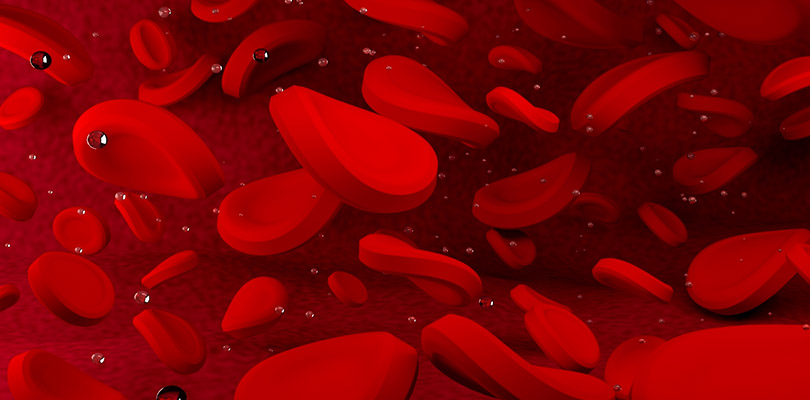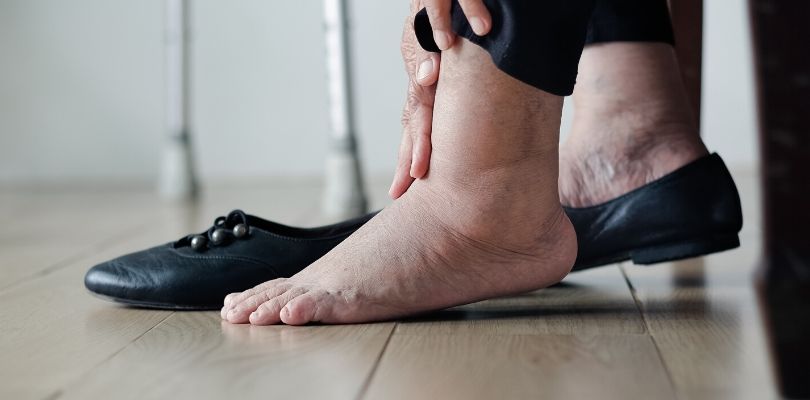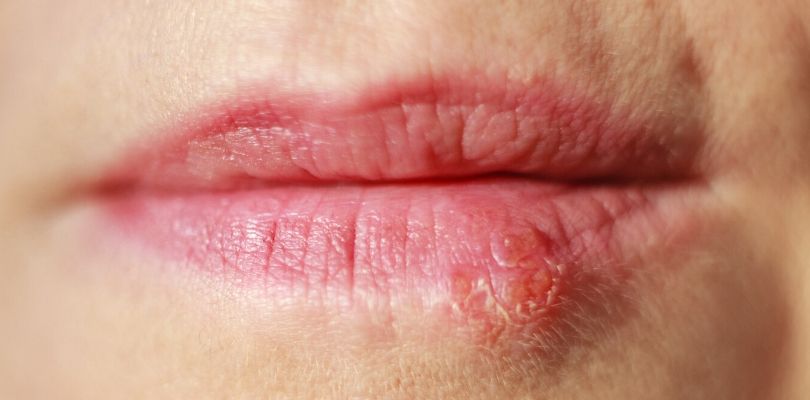What Is Hemophilia?
Blood is responsible for transporting so many things throughout the body. It’s always on the move, and thankfully when we hurt ourselves, our blood has the ability to clot and stop the bleeding. Those with hemophilia, however, have a minor complication when it comes to forming blood clots.
Hemophilia is a hereditary blood condition where blood does not clot normally. Generally, when you bleed, the blood pools together to form a clot which slows, then stops, the bleeding. When your body lacks certain blood-clotting proteins (also known as blood factors), it takes longer for the bleeding to stop. Certain blood factors enhance the clotting process.
Blood factors work with blood platelets to help the blood clot properly and speedily. These factors help platelets stick together, forming a fibrin clot (a plug of sorts) which stops the flow of blood. The clotting process usually happens very fast and enables those without this condition to quickly manage their bleeding.
Hemophilia Classifications
This blood condition is classified as mild, moderate, or severe.
- Mild hemophilia causes a few hemorrhages overall, and blood loss is more noticeable during certain occasions such as surgery, serious injury, and potentially during menstruation. Some patients with cases may never have a bleeding problem.
- Moderate cases bleed a bit more often, about once a month. Moderate cases are generally the outcome of minor trauma/injury such as playing sports, dental work or tripping and falling.
- Severe cases have blood loss as frequently as a couple of times each week, and the bleeding is often spontaneous in nature. The bleeding can be caused by minor injuries (small bumps, for instance) or there may be no obvious cause for bleeding whatsoever. Most severe forms of this condition affect mostly males.
Bleeding happens when your blood vessels are torn. This type of injury is not limited to your skin. External wounds, like a cut, are not usually serious. Internal bleeding is much more important and can happen in joints, muscles, and organs.
When bleeding happens in a vital organ, such as the brain, the life of a person with hemophilia may be at stake. It can damage organs and tissues inside your body.
Knowing the damage that can happen if someone with this condition has internal bleeding demonstrates the importance of getting a diagnosis and understanding how to manage the condition.
Types of Hemophilia
There are two kinds, and both are rare disorders.
Hemophilia A
This is the classic type of hemophilia. It is the most common of the blood factor deficiencies. 80 percent of those diagnosed with this condition have type A. In hemophilia A, there is a lack of the factor VIII protein in the blood which causes the clotting issue. This type affects less than 1 in 10, 000 people.
Hemophilia B
This disorder is also called Christmas Disease, after the first person diagnosed with this type of hemophilia, Steven Christmas. Hemophilia B is lacking or missing the Factor IX blood protein. The absence of factor IX slows down the normal clotting process. This type affects approximately 1 in 50,000 people.
What Causes Hemophilia?
As hemophilia is classified as a genetic disorder, it is often inherited by the child from their mother during conception. It is often diagnosed during infancy.
However, there are other causes of this condition as about 30 percent of those diagnosed lack a family history of the disorder. In some cases, there has been a spontaneous mutation occurring in one of the genes that contribute to hemophilia.
Acquired hemophilia is another cause and happens when your body forms antibodies that attack the blood factors in the bloodstream. This type is quite rare and occurs when the immune system attacks clotting factors in the blood. Acquired hemophilia is associated with pregnancy, autoimmune conditions, multiple sclerosis, and cancer.
If you experience swelling in parts of your body, you could be at risk for hereditary angiodema. Learn more about the symptoms here.
Symptoms of Hemophilia
Symptoms vary, depending on which blood factor is reduced. If you experience any of the following, you should seek a proper medical diagnosis:
- Your cuts or other injuries bleed longer than they should.
- You have large or deep bruises (which may be inexplicable).
- Nosebleeds occur without cause.
- Your joints are sensitive to aches and prone to swelling or joint tightness.
- There is blood in your urine.
- Blood appears in your stool.
- Vaccinations result in unusual bleeding.
- If your infant is inexplicably irritable.
Basic First Aid
When it comes to hemophilia, the basics of First Aid can help slow bleeding until proper medical help can be obtained. All you have to do is remember the acronym RICE:
- Rest the area of the body that is bleeding and limit activities that aggravate the area.
- Ice the wound to help control swelling and ease the pain (only for a maximum of 15 minutes at a time).
- Compression will help slow bleeding so be sure to apply pressure to the bleed area with a tensor bandage (not too tight).
- Elevate the area of the bleed to a position higher than the heart to decrease pressure and slow the bleeding.
Treatment for Hemophilia
Without proper treatment, hemophilia is debilitating and often results in a fatality. Modern treatments provide those living with this condition the ability to live a full life.
For joint and muscle bleeds, the most common treatment is regular replacement of the lacking blood factor. This factor replacement therapy involves infusing the body with the blood factor that is lacking. These clotting factors only last in the body for a couple of days which means regular treatment is necessary.
Another treatment option is a synthetic drug, Desmopressin, which may be used for treating mild or moderate Type A hemophilia. Tranexamic acid and aminocaproic acids are two other medications that help with blood clot stability. If you have hemophilia, your doctor will advise which treatment is right for you.
The Bottom Line...
To set the record straight, those with hemophilia don’t bleed more or faster than people without hemophilia, and they bleed longer because of a lack of certain blood proteins.
If you’re concerned that you might have this blood disorder, get checked out right away so you can equip yourself with the knowledge of what to do the next time you’re bleeding.







